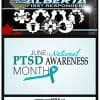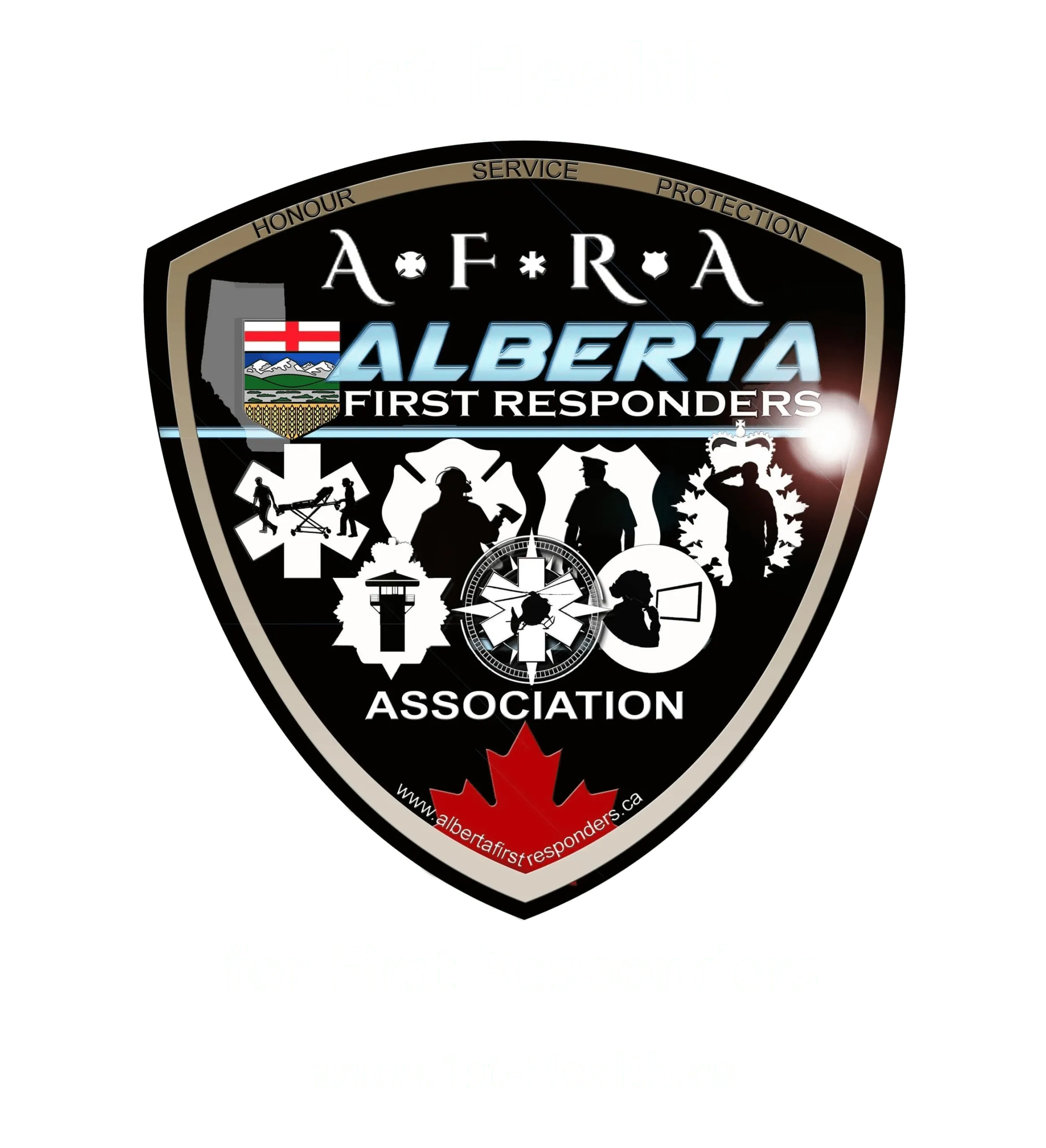First responder organizations should adopt these best practices because of the unique and profound impact their profession has on individuals. The “AFRA Round Table Symposium 2025 – Session Results” highlights that the job demands incredible strength, resilience, and sacrifice, with first responders facing unique challenges that can lead to physical and mental injuries. The symposium emphasizes that “a decline in physical or mental health inevitably impacts the other,” underscoring the necessity of a comprehensive approach to health. Adopting best practices, as outlined in the symposium, ensures that organizations proactively address these challenges, fostering a culture of health and support rather than reacting to crisis.
Why First Responder Organizations Should Adopt these Best Practices

Benefits for First Responder Organizations
Improved Health Outcomes and Reduced Injuries:
By implementing regular physical and mental health assessments, organizations can identify early signs of decline, allowing for timely rest and care for minor injuries, which prevents escalation. The symposium states that “early intervention is key” to improving health outcomes and that “identifying risks is key to providing appropriate training and tools to avoid or reduce injuries.” The “1st Health” program’s focus on understanding stress and trauma and providing coping mechanisms directly contributes to reducing the impact of traumatic incidents and repeated exposure, thereby minimizing injuries.
Enhanced Resilience and Performance:
Training and education, such as those provided by the “1st Health” modules, play a vital role in fostering strong, lasting health habits and building resilience. By equipping first responders with strategies to manage stress and enhance coping, organizations contribute to their sustained ability to perform effectively in demanding situations.

Reduced Stigma and Improved Culture:
The “1st Health” program explicitly aims to reduce stigma, promoting the idea that “seeking support is seen as a sign of strength and proactive self-care, not weakness.” When organizations mandate and embrace these principles, they cultivate a supportive culture where individuals feel safe to seek help without fear of judgment. This open and accepting environment can lead to better communication and early identification of issues.
Stronger Organizational Support Systems:
Implementing these best practices ensures that support is “easily accessible, timely, and not financially burden the recipient.” This includes tailoring support to individuals and incorporating families into health plans and support systems. When support is readily available and comprehensive, it reinforces the organization’s commitment to its personnel.
Proactive and Preventive Approach:
Rather than waiting for issues to become critical, adopting these best practices enables organizations to take a proactive and preventive stance on first responder well-being. This includes ongoing mandatory health training for all staff, with core health messages starting at recruiting, which can “reduce or prevent trauma-related injuries.”

Strengthened Community and Collaboration:
The AFRA Round Table Symposium itself is an example of a “collaborative, collective, community approach” to mental health support and suicide prevention. By adopting best practices, organizations can foster a collective, community-driven approach to support programs, ensuring that individualized health plans are comprehensive and effective through shared knowledge and resources. In essence, by investing in and implementing these best practices, first responder organizations are not only fulfilling their responsibility to their employees but also building a more resilient, effective, and sustainable workforce.

Best Practices Framework
Based on the “AFRA Round Table Symposium 2025 – Session Results” and the “1st Health – Educational Modules” documents, the core principles and areas of focus for organizational adoption of best practices in first responder support programs are as follows:
Core Principles for Organizational Adoption
1. Holistic Health Integration:
Principle: Health is an integrated whole, encompassing both physical and mental well-being, where a decline in one inevitably impacts the other. Both aspects must be equally valued and supported.
Organizational Adoption Focus: Organizations must move beyond a segmented view of health and treat physical and mental health as interconnected components of overall well-being. This requires policies and resources that address both simultaneously.
2. Health as an Ongoing Journey:
Principle: Health is a continuous process, not a one-time achievement. Individual health journeys and responses to stress vary, requiring sustained effort, ongoing habits, and tailored support.
Organizational Adoption Focus: Implement continuous educational programs and training initiatives that reinforce good health habits. Recognize that support plans need to be individualized and adaptable to the unique needs and changing health status of each first responder.
3. Proactive and Timely Intervention:
Principle: Regular assessments are critical for early detection of health decline, and timely intervention is crucial for improving outcomes and preventing minor issues from escalating. Traumatic incidents can have delayed effects, necessitating a “Trauma Lens” approach.
Organizational Adoption Focus: Establish systematic, ongoing physical and mental health assessment protocols. Develop and implement clear, mandatory intervention procedures that ensure immediate and appropriate care after critical incidents or upon detection of health challenges.

4. Family Inclusion and Support:
Principle: Families are vital support systems for first responders and are directly impacted by their health. They need to be informed, included, and equipped with resources.
Organizational Adoption Focus: Integrate family members into training, onboarding, and support systems. Provide resources and education to families to help them understand their role in the first responder’s health journey and how to access support themselves.
5. Accessible and Non-Burdensome Support:
Principle: Support programs should be easily accessible, timely, and free from financial burden for the recipient.
Organizational Adoption Focus: Ensure that all health and wellness resources, including assessments, interventions, and educational programs, are readily available without creating financial hardship or logistical barriers for first responders.




